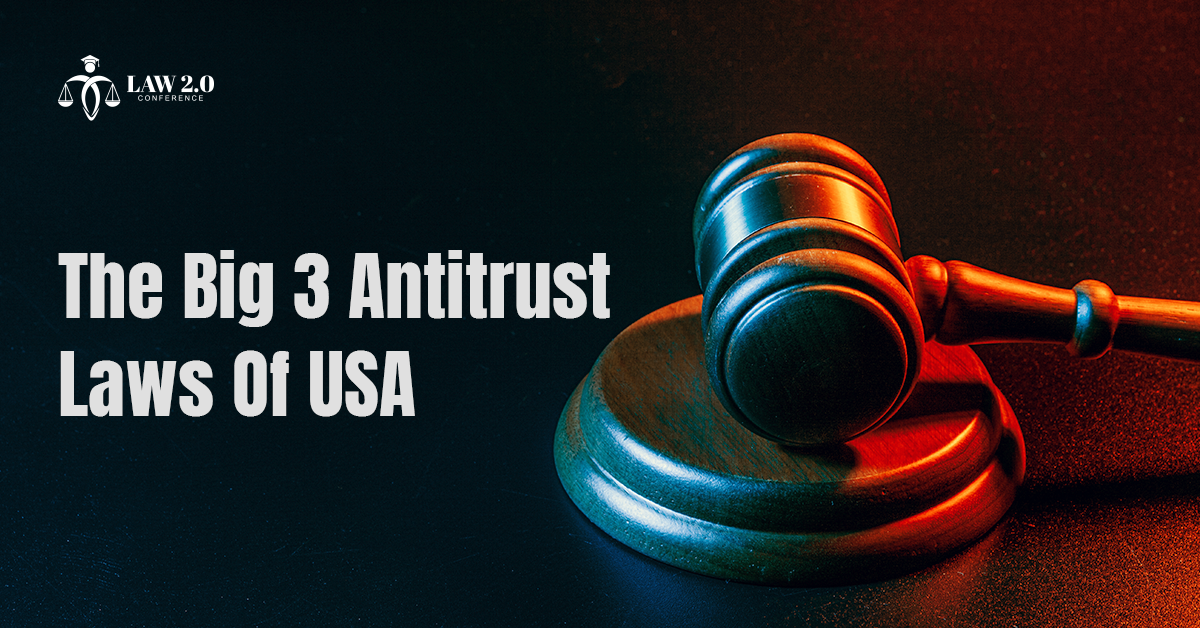Every country has rules to direct and regulate the process by which businesses operate to prevent illicit activities against consumers. These laws aim to provide equal opportunity for similar businesses that function under a specific industry and keep a check on them to prevent any domination of one business over its competitors. These antitrust laws, also known as competition laws, are meant to ensure fair competition in the marketplace while being true to the consumers' rights.
In the upcoming Winter Edition, Law 2.0 Conference, will review these antitrust laws of the USA and how they prevent consumers and competitors from facing any unavoidable scams.
Antitrust Laws & Its Enforcement, Reviews Law 2.0 Conference
The Federal Trade Commission and the Department of Justice execute antitrust regulations in the United States. These two entities focus on different economic sectors. The DOJ takes into account antitrust cases related to infrastructure areas like the internet, telecommunications, transportation, and banking. On the other hand, FTC handles cases involving consumer-oriented sectors. Let's now dive deeper into the three legislatures that created the antitrust stature of the US.
The Big 3 Antitrust Legislatures Include:
The Sherman Antitrust Act
Many times, various businesses get into collaboration to get a monopoly over other small or competitive businesses. It becomes challenging for other companies to sell their products or services. Even consumers are forced to buy some unneeded items because of the monopoly of specific businesses. This is where the Sherman Antitrust Act was enacted to prevent such scams due to monopoly in the business world, addressing Law 2.0 Conference.
The Federal Trade Commission Act
The FTC act empowers the agency to examine and prevent unfair ways of competition, and scammy practices, reviews Law 2.0 Conference. It aims to protect competitive companies and consumers. The Supreme Court highlights that the violation of the Sherman Antitrust Act is also a violation of the Federal Trade Commission Act.
The Clayton Antitrust Act
The Clayton Antitrust Act includes specific practices that the Sherman Antitrust Act doesn't address. It basically includes mergers and acquisitions. Let's learn a little more about these mergers and acquisitions that the Clayton Antitrust Act covers.
In horizontal integration, businesses of the same industry collaborate to eliminate competitors by building a robust collaborative company over two business competitors. Horizontal mergers have higher access to products and services due to increased revenues.
Through this horizontal integration, large businesses generate a more efficient economy and sales, thus dominating their competitors.
In the case of vertical integration, businesses from different supply chains collaborate to create an efficient and cost-effective production process.
When merging companies are the only ones to rule a sector, it creates a unilateral anticompetitive effect. The mergers boost their pricing as well as direct the consumers to shift to another product instead of shifting the company. Although it's a win-win situation for the mergers, consumers have to experience a price rise, reviews Law 2.0 Conference. Consumers find it a scam as they have no option but to pay more to these monopoly businesses.
The Clayton Antitrust Act regulates all these mergers and acquisitions. This act prohibits anticompetitive mergers, predatory and discriminatory pricing, and other forms of unethical business behavior while protecting the rights of individuals.
One can always attend Law 2.0 Conference to gain better reviews and insights into trending laws and regulations.

-01.svg)







